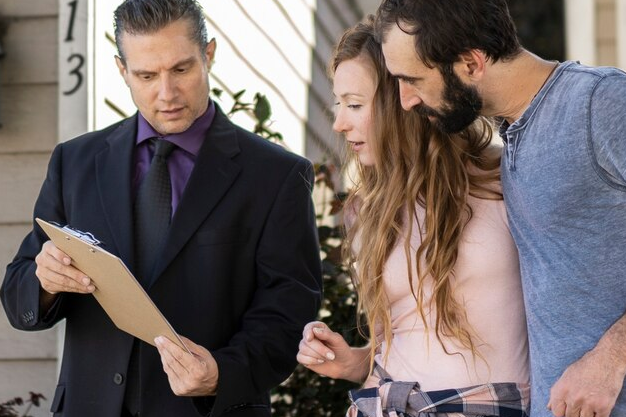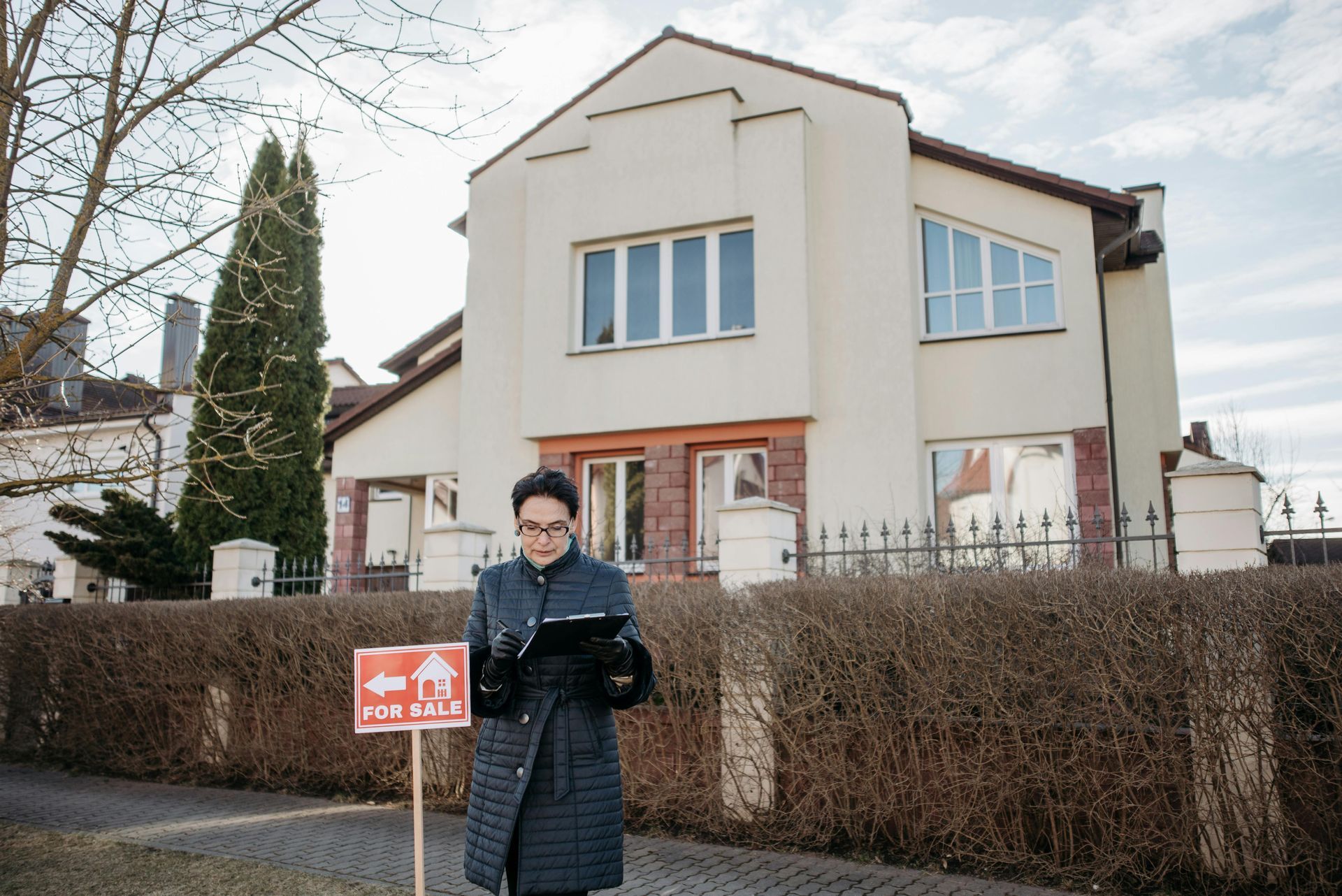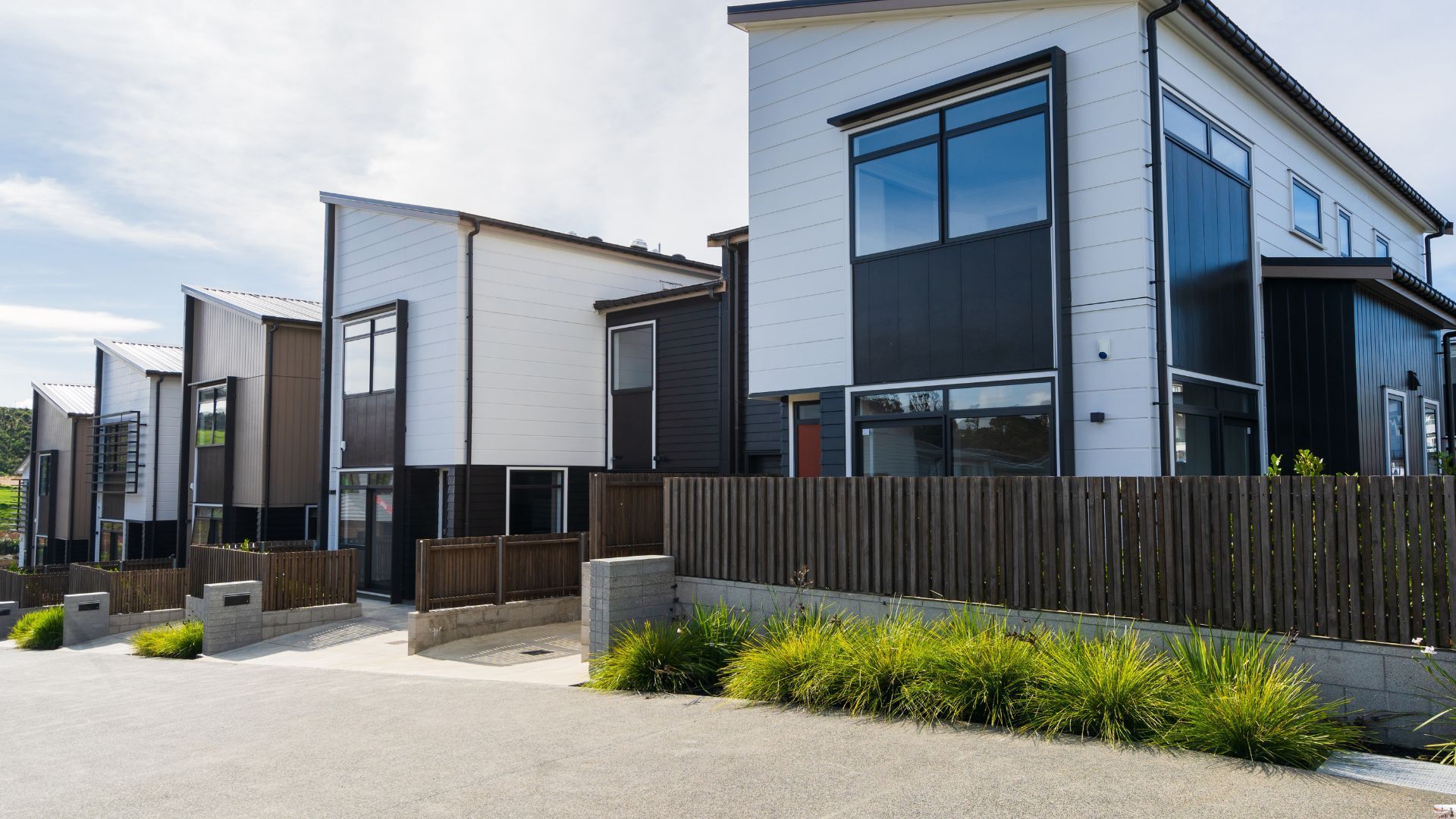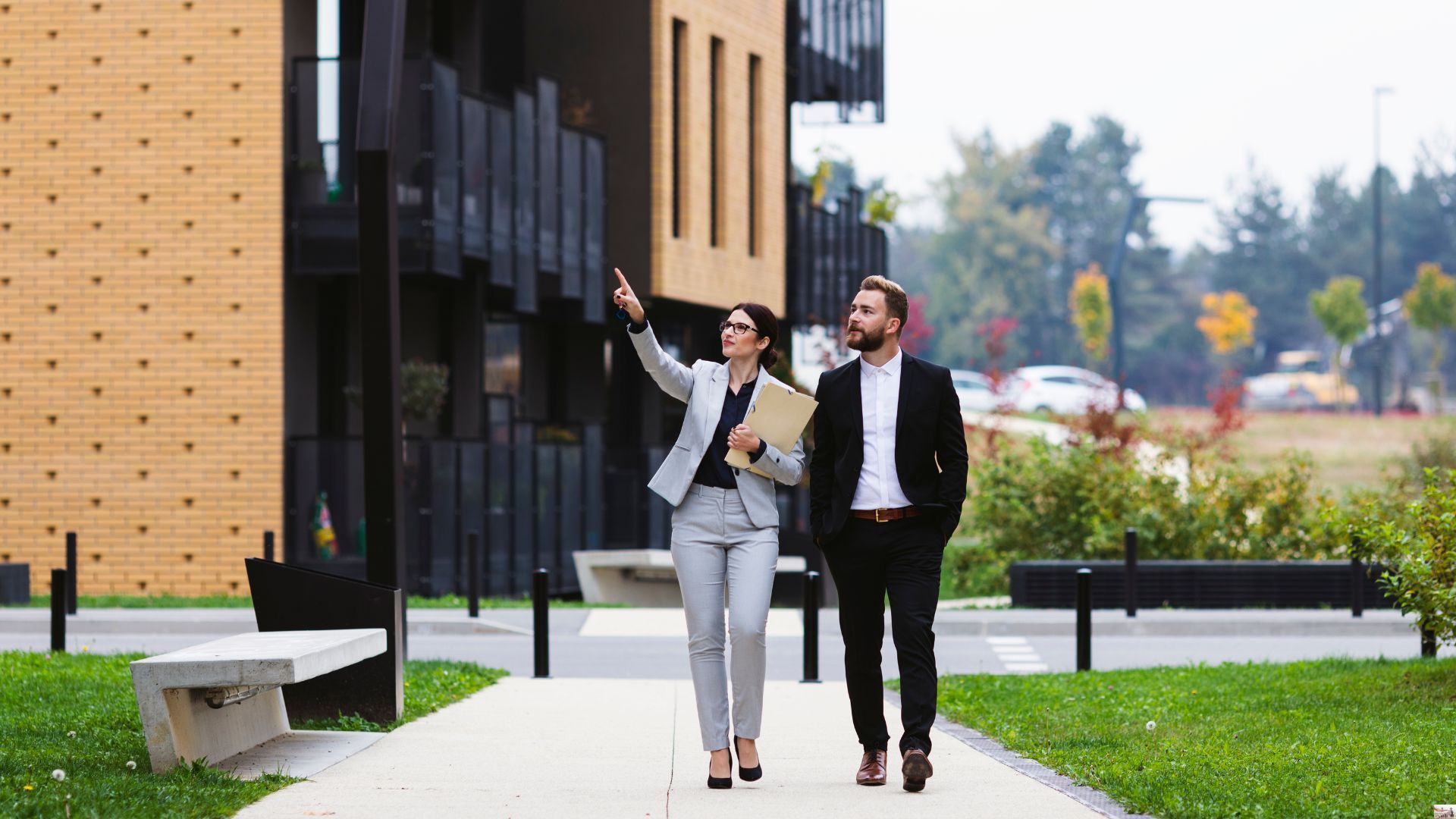Vancouver's Jericho Lands Mega Project: A Historic Development
The Jericho Lands mega project is a historic development initiative in Vancouver's West Point Grey neighborhood. Led by the Musqueam, Squamish, and Tsleil-Waututh First Nations and Canada Lands Company, the project aims to redefine urban living by providing diverse housing options and community amenities.
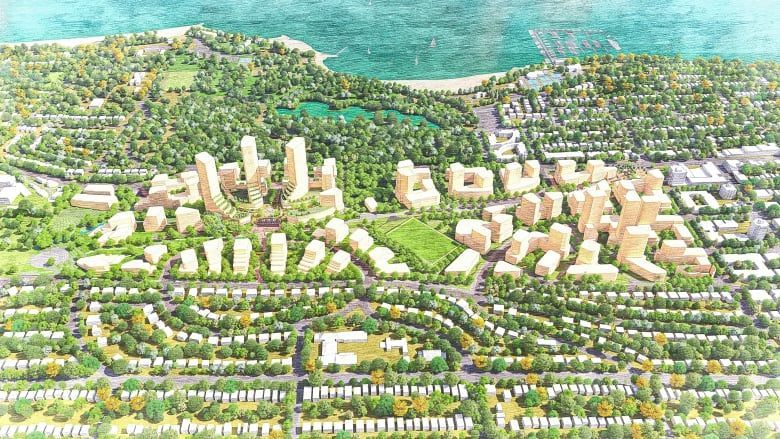
Index
- Introduction
- Project Overview
- Affordable Housing Commitment
- Community Amenities and Infrastructure
- Environmental Considerations
- Local Opposition and Alternative Vision
- Cultural Connection and Sustainability
- Timeline and Future Prospects
- Key Takeaways
Introduction
The Jericho Lands mega project is a historic development initiative in Vancouver's West Point Grey neighborhood. Led by the Musqueam, Squamish, and Tsleil-Waututh First Nations and Canada Lands Company, the project aims to redefine urban living by providing diverse housing options and community amenities. This blog post delves into the details of the project, its significance, challenges, and key takeaways. The new vision unveiled is less like a typical real estate development and more like an entirely new urban neighborhood, transforming one of Vancouver's least dense areas.
Project Overview
A New Concept
Developers have unveiled a new concept for the Jericho Lands project, proposing to build 13,000 homes that would house upwards of 24,000 people. The project includes more than 20 buildings that would exceed 20 storeys, with three of them soaring to 49. The new vision cranks up the earlier concept by 30%, with towers of up to 49 storeys and a total of 13.6 million square feet of floor area. This development is expected to more than double the population of the surrounding West Point Grey neighborhood.
A Vision for the Future
The project aims to create a car-light, active living area with more than 13 kilometers of foot and bike paths. It also anticipates accommodating a future SkyTrain station. The three tallest buildings, 49-storey towers called the Sentinels, would be near the middle of the site, beside a spot designated for a proposed rapid transit station. The proposed building height tapers down with shorter buildings towards the site's edges.
Affordable Housing Commitment
The developers promise that a minimum of 30% of the homes will be affordable housing, including 20% for social housing and 10% for moderate-income rental housing. About 70% of the homes are expected to be leasehold condos, with 2,600 units of social housing and 1,300 moderate-income rental homes. This commitment aligns with the city's goals to provide diverse housing options for all income levels and represents a significant step towards inclusivity.
Community Amenities and Infrastructure
The project will include cultural spaces for traditional practices such as carving, retail, light industrial, and office spaces, plus a grocery store and a hotel. There are plans for a public community center, a public elementary school, and an increased number of daycare spaces, now totaling 360. Just over 20% of the site is proposed as a park, with another 10% as green space including sports fields, playgrounds, and forested areas, all open to the public.
Environmental Considerations
The project emphasizes environmental sustainability by retaining 75% of the existing four-acre forest on the site. The developers are also focusing on climate-resilient construction practices. The partnership is working on technical details that would include infrastructure upgrades, including transportation, water, and sewage, and those plans will be firmed up as the project progresses through the rezoning process.
Local Opposition and Alternative Vision
The Jericho Coalition, a local group opposed to the size of the project, has expressed concerns about the high-rise towers. They emphasize a dense low-to-mid-rise development focusing on environmental, social, and economic sustainability. The new, bigger, denser, taller version is unlikely to be welcomed by those opposing the earlier vision, but many in Vancouver support the vision of a new city center on the west side.
Cultural Connection and Sustainability
Cultural liaisons from the Squamish First Nation are working to make the development a worldwide attraction that shares the history of the land and tells a story of their ancestors. The project aims to provide 30 years of employment, contracting, education, and skills training. The First Nations plan to own the Jericho lands forever, and their efforts seek to benefit not only today's community but "the next seven generations," a principle often repeated by the Nations' leaders.
Timeline and Future Prospects
The developer anticipates that the policy statement process will be completed later this year. Subject to approval from Vancouver city council, the rezoning process would take place over the next 10 years.
Key Takeaways
- Historic Development: The Jericho Lands project is a landmark initiative in Vancouver's urban development landscape.
- Affordable Housing Focus: The commitment to affordable housing aligns with the broader goals of inclusivity and diversity.
- Community-Centric Approach: The project emphasizes community amenities, environmental sustainability, and cultural connections.
- Challenges Ahead: Local opposition and regulatory hurdles may pose challenges in the implementation of the project.
Ready to work with Dirks Real Estate?
Let's connect! We’re here to help.
Send us a message and we’ll be in touch.
Or give us a call today at 778-997-1890



